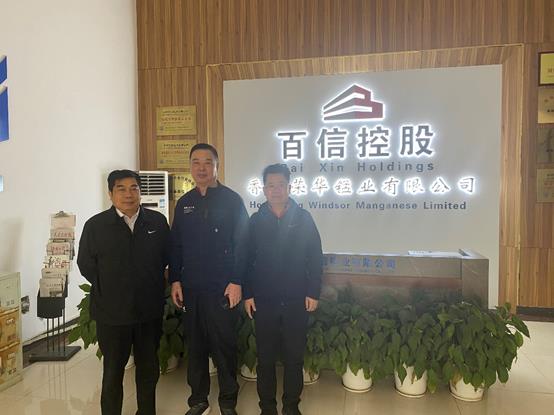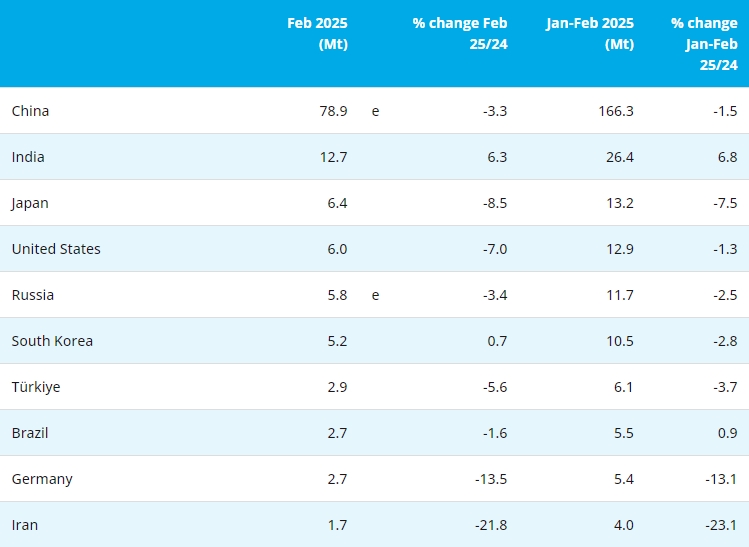Filtration and separation solutions provider Roytec completed testing and adapting a filter press system for mining company Bindura Nickel Corporation’s Trojan nickel mine, in Zimbabwe, last month.
Roytec marketing and business development director Peter Sampson tells that the filter press will soon be delivered to the mine,where it will be used to dry nickel concentrates at Trojan’s nickel processing plant.
He points out that this R10-million project forms part of the company’s current R100-million project order book.
Sampson highlights that the company also has a contract with Johannesburg-based project management and engineering firm Senet to supply equipment to copper and cobalt mining and metals company Shalina Resources subsidiary Chemaf’s Etoile copper/cobalt project. The mine is being designed and engineered bu Senet.
The Etoile mine is situated in the Katanga province of the Democratic Republic of Congo, close to the mining town of Lubumbashi.
Roytec has been subcontracted by Senet to provide a number of key technologies to the project including a counter current decantation (CCD) circuit and post-leach thickeners.
Sampson says five of the thickenrs are 35m in diameter and will be constracted using LDX2101 grade duplex stainless steel. The thinckeners will be designed using Roytec’s RadFlow feedwell technology.
He explains that the CCD thickeners are used to wash out the soluble copper from the leach residue.
Additionally, the company will supply its pin-bed clarifier technology to achieve 20 parts per million (ppm) clarity in pregnant leach solution. It will also supply SX filters, which are 3m in diameter and specified for less than 10 ppm organics and solids in electro-winning feed solution.
The Chemaf contract is worth about R65-million and all machinery will be designed and fabricated in South Africa with site erection and commissioning expected in May 2016.
Meanwhile, Roytec CEO Alan Fanton tells that the chanllenging global business environment has galvanized the company to reassess its business model and seek out synergies with international companies to ensure more optimized and cost-effective business operations.
He points out that China is renowned as a low cost manufacturing country and is increasingly producing high-quality technologies and products.
“For these reasons, we have signed agreements with three China-based technologies suppliers over the past year, namely Xingyuan Filtration Company, Nuclear Industries Yantai Tongxing (TXSY) and BGRIMM-MAT, which is a subsidiary of the Beijing General Research Institute of Mining and Metallurgy.”
Fanton notes that Xingyuan Filtration Company is one of the top two filter press suppliers in China and delivers more than 1500 units a year. He further points out that TXSY is a global leader in vacuum belt filters and tower presses.
Additionally, he explains that Roytec will help support BGRIMM-MAT’s flotation techbologies, which are in use throughout Africa.
Fanton explains that BGRIMM-MAT has more than 10 000 flotation cells installed globally, the largest of which has a capacity of 320 m3.
“As filtration is a core Roytec technology, all testwork, filter sizing, design and specification for African projects is down by Roytec prior to manufacture of major components by our Chinese partners,”he states.
Fanton adds that Roytec provides the engineering, quality assurance and quality control input to Chinese manufacture to ensure compliance with project standards. Additionally, local mechanical components are fitted according to client preference.
“Full installation, warrantee, commissioning and ongoing service is also provided by Roytec.”
Over the past four years, the company’s research and development unit has deceloped the RadFlow feedwell thickener feeding mechanism.
Sampson explains that the advantage of the techbology is that it provides for conditioning and energy dissipation of the thickner feed, which significantly improves thickener performance.
He says the RadFlow is increasingly retrofitted to plants’ existing thickener systems, thereby saving companies significant amounts of money on increased capacity and reagent usage reduction.
Sampson highlights that most of the original components of a mining company’s existing thickener system can remain the same, such as the tank drive and rake arms.
- [Editor:Juan]



 Save
Save Print
Print Daily News
Daily News Research
Research Magazine
Magazine Company Database
Company Database Customized Database
Customized Database Conferences
Conferences Advertisement
Advertisement Trade
Trade




 Online inquiry
Online inquiry Contact
Contact

Tell Us What You Think